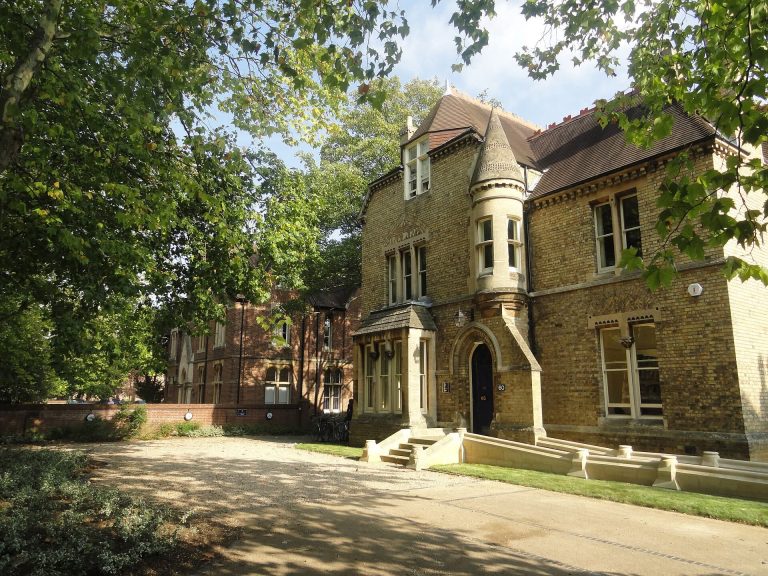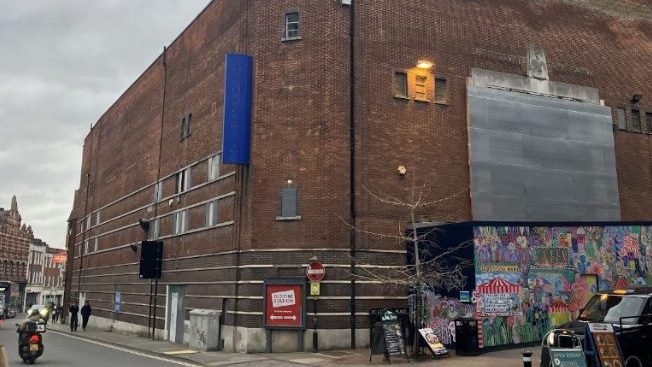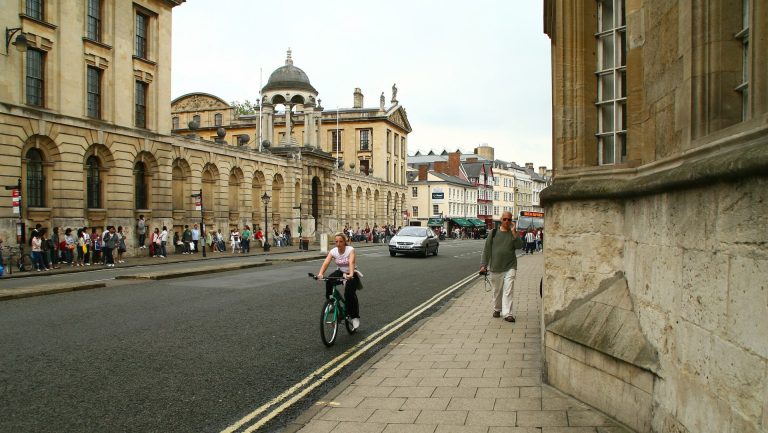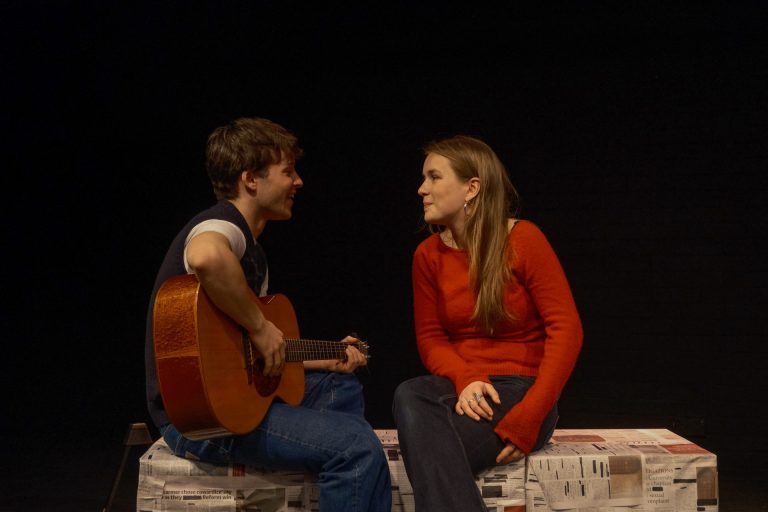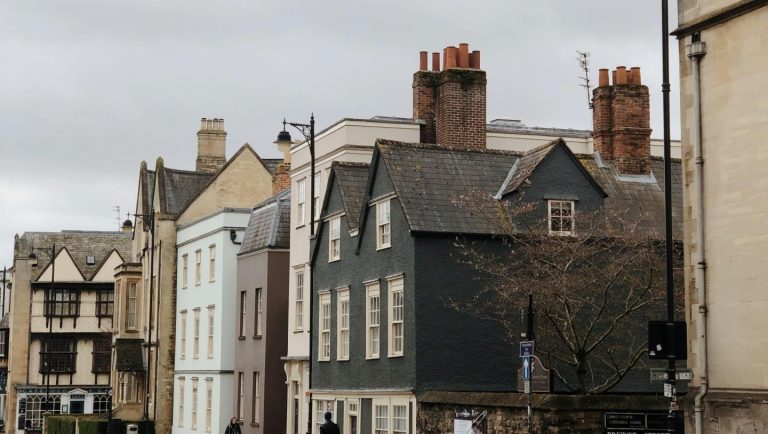In the miserable rain of last November, I found myself queuing at the Cowley Workers Social Club for a Your Party meeting at which Jeremy Corbyn was set to speak. With an attendance of no more than that of an average college dinner, it was a strikingly understated affair for an event hosted by a former leader of the Labour Party who would be travelling immediately after to his party’s first ever conference. Corbyn’s final words were addressed to students, calling on them to fight for their future amidst increasingly bleak prospects. However, the students in question were largely absent, making up just a small fraction of his audience. Even Oxford Left Society, the University’s only society that officially supports Your Party, was absent. They were instead being hosted by the Liberal Democrats for one of their “Liquor and Liberalism” debates.
The Oxford Left Society was originally called Your Party Society Oxford when it began but later rebranded to its current name. It’s easy to see this as a consequence of Your Party’s chaotic internal struggles that have dissipated so much of their initial momentum. However, there is a broader picture here to consider. Left wing student societies are increasingly detaching themselves from organised parties across the country, preferring instead to represent a broader leftist movement without the restraints of toeing a party line.
Oxford is not alone in this phenomenon. More dramatic examples of this can be found across other UK universities. Warwick University’s Labour Society decided in August 2025 to back Grace Lewis, a councillor who had defected from Labour primarily due to the party’s response to industrial action in Coventry and cuts to welfare spending. In turn, the national party sent the society a cease and desist letter, officially disaffiliating themselves from one of the largest Labour clubs in the country (one significantly bigger than any of Oxford’s political societies). This was followed by a number of other societies such as those in Manchester and Newcastle choosing to disaffiliate from the national party. Both opted not to defect to another party, but instead to represent a broader socialist and/or leftist movement.
While Oxford University’s own Oxford Labour Club remains steadfast in their affiliation to the national party, the emergence of a wider spectrum of left-wing societies (as well as the broader national context of disaffiliation) provides challenges to those holding on. It would be naïve and inaccurate to assume that students of any political society support entirely the policy platform of their corresponding party. In particular, Labour societies across UK universities have members with a range of views (thirteen consecutive years in opposition have somewhat forced their hand,). A visit to any of Oxford Labour Club’s weekly “Beer and Bickering”meets is more than enough evidence that this is still very much the case. A significant proportion of the membership find themselves ideologically to the left of the current Labour government. Though this in itself is nothing new, the emergence of left alternatives in Oxford, as well as direct disaffiliation happening nationally, indicate that there is more urgency than ever before to break from an association with one party.
To make sense of how a hypothetical second year anarcho-communist could be a member of a Labour university society, Cherwell spoke to two ex-members of youth Labour organisations, who now consider themselves further left of the national party. Ed Swann, the current chair of Warwick Left Society, who oversaw its transition away from Warwick Labour told Cherwell that the previous belief was that: “Labour is the only option for ever having a government that is willing to even just succeed, [that may] give in to left-wing activism in any form.” Both Swann and Alex Evans, the current chair of Oxford Left Society claimed that it was realising that this was no longer the case that made their split from the party inevitable. And they have been followed by an exceptionally large proportion of left-wing students.
Whether the consequence of this dissociation is increased fragmentation or the possibility for newfound unity is up for debate. The accusations that these distinctions between societies are arbitrary and electorally untenable (resembling Monty Python’s People’s Front of Judea versus the Judean People’s Front) is a common one. Former labour leader Neil Kinnock certainly shares these views, having recently rebuked Warwick Left Society after he was contacted to speak there. Swann observed that a form of the narcissism of small differences – in which the fraction of disagreement you may have with someone dwarfs the frustration caused by those who share none of your beliefs – was definitely present at the Your Party conference. Zara Sultana’s boycott of the event for their exclusion of members from the Socialist Workers Party exemplified this. Nonetheless, Swann emphasised that the media portrayed a more hostile environment at the event than what he had seen on the ground.
Despite this, both chairs of Warwick Left and Oxford Left insisted that fragmentation has not been the result, and instead the dissociation from particular parties has offered a potential to unify student left-wing voices. Evans was clear, for instance, that Oxford Left represents a bridge between supporters of the Green Party and Your Party and it is likely that Oxford Left will work electorally in a similar fashion to the rumoured agreements between Your Party and Green. Regardless of this, the process of campaigning will inevitably be a more complex one for Oxford Left, as support for any party or candidate cannot be assumed or mandated among its members.
Any account of Oxford student politics must inevitably take into account the elusive, so-called ‘Oxford bubble’ – the stereotype of a future MP’s journey from the panelled walls of a historic public school to those of Oxford, and finally to those of Westminster. Yet it is a progression that has been true of three of the last five Prime Ministers. It does also bring into focus the inevitable careerism of much of Oxford’s political societies. Careerism is no stranger to student politics as a whole. Speaking about the most recent Labour conference, Swann said to Cherwell: “People are out for themselves in many ways, [and] I think that does, unfortunately, trickle down and almost start with student politics. I think you see that to a vast extent within the Labour Party unfortunately…you’re surrounded by people who went to Oxbridge [and] Russell Group universities.”“Some of them come from political backgrounds of lower socio-economic backgrounds, different races, [or] different genders. But even so, they’re dressing up in suits, and they’re pursuing a career. . .over what they actually believe in.”
While this sentiment is familiar to all student politics, Oxford is a particularly conspicuous example. Outside of parliaments and congresses there may be no other places as familiar with the ‘hack’ as Oxford’s spires. Student politics in other UK universities tend to be more tribal than they are in Oxford. There is a significant proportion of enterprising students in Oxford that frequent many different club debates rather than allying themselves to one particular party – something that is more typical of environments such as Warwick. While this could indicate a genuine interest in hearing a range of views and perspectives, there may be another, more cynical interpretation: attendees are opportunistic, with the sole aim of achieving a committee or executive position within one of Oxford’s political societies, no matter which.
Oxford Left, however, finds itself strikingly outside of this ecosystem. It represents an emerging enthusiasm for politics, not within the hallowed halls of Westminster, but on the streets and picket lines outside. Evans assured me that, while he could not provide specific numbers, the majority of Oxford Left’s members have not been involved in student politics before, and most have never been affiliated with Labour. Palestinian solidarity amongst student bodies – for which Oxford has received significant national attention – was perhaps an impetus for this alternative route into politics. Swann also noted this to also be the case in Warwick. He suggests that the inadequate response of the major parties to Israel’s assault on Gaza “pushed [young people] more towards activism, community organising, any form of politics outside of Westminster”. This aligns with Evans’ belief that, among the left, there has been a resurgence in older, socialist ideals that exist outside of almost all party platforms and are far more cynical about the status quo of a capitalist system and foreign policy.
There is evidence also that attitudes among the more established Oxford political societies are changing. When reporting on the student exodus from Labour taking place last September, the New Statesman placed the blame squarely at Labour’s inability to read the room among young people and their abhorrence for Israel’s actions (something that has been accompanied by a more than 60% decrease in youth membership under Keir Starmer).
This trend among some left-wing students is of particular interest when contrasted to their right counterparts. Nationally, right-wing student societies are not abandoning party platforms but have instead become largely dominated by the rise of Reform UK, which has called for, among other things, a draconian crackdown on immigration. Members of Conservative societies, including those in Oxford, are primarily faced with a question of how closely to align with Reform’s momentum, accelerated further this week by the defection of Robert Jenrick.
The left is experiencing a similar dynamic. New party platforms have emerged (such as those of Your Party and the Greens under Zack Polanski) which attempt to appeal to a new concentration of leftist principles. In such an environment, the rise of generalised left-wing societies seems inevitable and they will perhaps have more influence in the future of British politics than ever before. It also makes the electoral challenges of the left far more acute in comparison.
When I saw Corbyn in Cowley, he seemed to me fundamentally more of an activist than a politician. In fact, this is a critique that can be levied at Your Party as a whole. Indeed, much of their failings could be attributed to its nature as a political party void of politics. While Swann is sympathetic to such a view, Evans has an alternative interpretation: that a preoccupation with activism is instead simply evidence of a new party, and a new movement. It is laying down support that later can be electorally mobilised. Activism, by his assessment, is simply an electoral strategy in its infancy. In Evans’ view, it is precisely the current status quo of UK parties and student societies which has been a prolonged “attempt to de-politicize politics”, with very little that sets a current careerist politician apart from civil servants due to their bureaucratic focus and narrow conception of what the government should be and can do. His rallying plea was to “make politics political again”, attempting to redefine politics as societal instead of merely personal ambition.
This is not unfamiliar territory for student Labour. While the party does not publish specific numbers on student membership, they have faced similar challenges under Prime Ministers Tony Blair and Gordon Brown. There were even similar calls for “collective liberation” against both the perceived imperialism of the Iraq invasion as well as the economic policies that resulted in the 2008 market crash, for instance the Occupy Wall Street movement. Labour may find some solace in the thought that this is an inevitable product of being in power. But the political landscape of the UK is far less kind to governments than it was in the 2000s. According to polls, Britain is functionally barrelling towards a multi-party system, and any suggestion of lost ground for Labour could well be fatal. If Oxford student politics really does represent the future of Britain, Labour has much to worry about.




